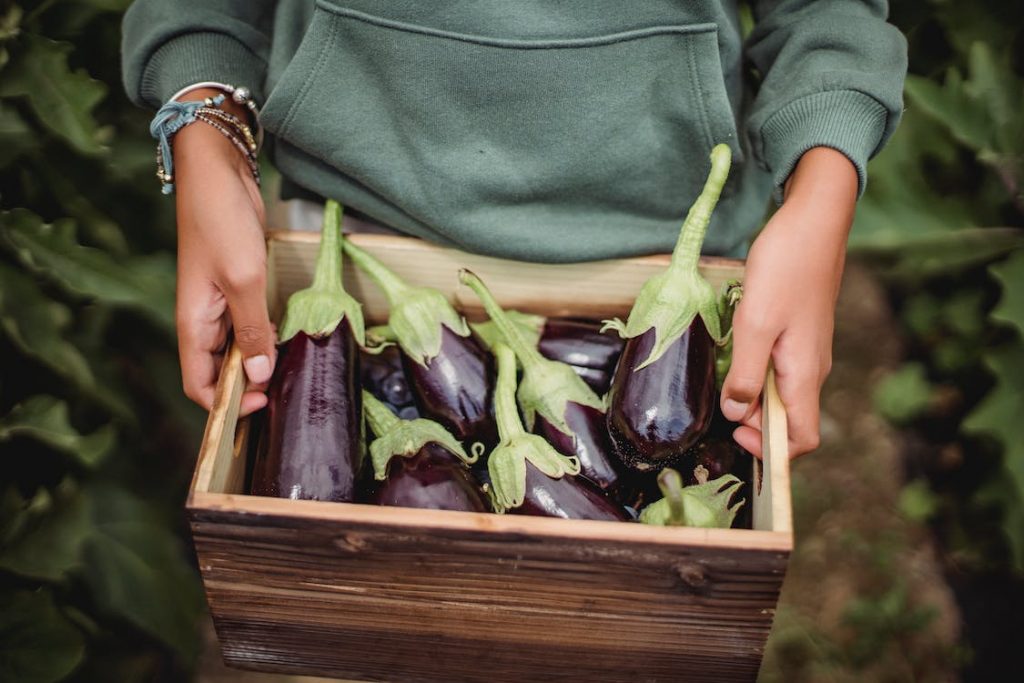Transformative change: Fixing our broken food system
As Clean Wisconsin’s Water Program Director, I am reminded daily that you cannot work on water issues today without being constantly confronted by the challenges climate change poses. In addition to my role at Clean Wisconsin, my wife and I also run an organic vegetable farm in southwest Wisconsin. We’ve seen the impacts of climate change firsthand, and we do our best to manage our farm in ways that not only grow healthy food but protect our water resources and safeguard our climate.
At Clean Wisconsin’s recent Doug La Follette Environmental Speaker’s Program, we heard about the collision of our water resource management challenges, our changing climate, and our food system. Clean Wisconsin has been working to protect clean water, clean air, and Wisconsin’s natural heritage for over 50 years, and as those years have passed, those focal areas have become increasingly integrated.
The focus of that event, natural climate solutions, was about what we can and must do differently when we grow our food to protect our climate and our water resources.
For a long time, we asked farmers to grow us food as cheaply and abundantly as possible, but we did not fully grasp the consequences of that cheap and abundant food. Among other challenges, growing food is a significant contributor to climate change. About one third of global greenhouse gas emissions are a result of our food system. We cannot adequately address our climate challenge without changing the way we grow our food and manage our land.
How we grow our food has a much bigger impact on the climate than the transport of that food from point A to point B. Only about 4% of greenhouse gas emissions come from the transport of food.
So what do we do to change the way we grow our food? Some changes help a little, like tilling the soil in different ways or planting cover crops, which are plants meant not for harvest but to protect the soil and keep nutrients in the fields and out of our water. These types of changes are important, but they are not enough.
More transformative changes must be integrated into our food system to meet our climate challenge. We must plant more perennial crops, feed our animals more grass and less corn, plant more trees, and use less fertilizer. To turn back the worst impacts of climate change, we have to turn away from a food system that mostly values cheap and abundant food and towards one that nourishes not just people but our communities, our natural resources, and our future.
Clean Wisconsin’s event featured some amazing people doing innovative work to make that transformation happen. But it cannot stop with one event or with a few amazing people taking on this work in Wisconsin. We all have a role to play.
My ask of you is to think a little more about what you eat, who grows it and how, and where it comes from. To recognize that we can demand more of the food we eat than just the meal it is. That food, and the choices we make about what we eat, can be a medium through which we express our values, empower our farmers, and chart a course towards cleaner water, a safer climate, and a better future. When it comes to food, you get three votes every day to nourish your body, express your values, and to help chart this course. Make them count!
For more information about climate-smart agriculture click here

